What You’ll Learn…
- How Associate Professor Jeff Shulman started his “Seattle Growth” podcast to open a safe dialogue for members of the community to express concerns and optimism about Seattle’s recent growth.
- The two camps in the discussion of growth (pro-growth and anti-growth) and how most people are actually in the middle.
- How Shulman feels it is best, when discussing housing affordability, to talk outcomes instead of solutions. • How resources, creativity, and diversification encourage future growth while politics and the cyclical nature of booms threaten it.
- Shulman’s hopes for the future, including a continuation of the environmental factors, possibilities, and open-minded atmosphere that can make this city a model for the rest of the country.
Watch our interview via Facebook Live:
As an Associate Professor at the University of Washington, Jeff Shulman has seen the incredible business atmosphere that Seattle has recently developed. The quality of students entering business programs has increased, as has the quality of jobs awaiting them after graduation, encouraging an environment where more people are getting out there and making an impact. All of this growth and change can be both terrifying and exciting, especially for long-time residents who have witnessed so much change so quickly. After Shulman’s own research and personal experience with the swift transformation of Seattle neighborhoods, he decided to start the “Seattle Growth” podcast.
The purpose of the “Seattle Growth” podcast is to open a safe dialogue among members of the community about issues and the current growth without fear of judgment or demonization of the “other side.” This derives from a popular idea Shulman came across in his research, that in the discussion on growth, people only fall into one of two camps: pro-growth or anti-growth. In the time since Shulman has begun his podcast, he has found that a surprising amount of people are actually somewhere in between these two camps, just trying to figure it all out.
An unexpected example of this is in his dialogue on the artist versus the developer (elaborated on in a special episode of his podcast). On the surface, it would appear that the artist would be solely concerned with the passion and art, whereas the developer’s main concern would be the money. However, when delving deeper, one finds that both the artist and the developer simply want to be part of a vibrant community and are willing to work together to accomplish that. In fact, one developer and set of artists found common ground and admitted that art is important and will find a way to make it profitable and meaningful. On a similar note of art and entertainment, Shulman hopes to open a dialogue soon on what it would mean to Seattle to bring back the Sonics after ten years of change to the city.
One of the biggest pressures Seattle faces in this time of growth is housing affordability. On this topic, Shulman expresses a belief in discussing outcomes as opposed to solutions, for in solutions one is right and one is wrong, whereas outcomes allow people to come up with their own creative ways to solve problems. He believes the desired outcomes for Seattle are that it be a place that is inclusive to people of all incomes, a place that allows for varying industries, and a thriving economy. From his own experience, he feels lucky to have gotten into a home when he did, for he does not believe he would be able to afford one in the current market. He hopes for a preservation of the ability for people to live in Seattle with their families as well as the continuation of a brighter and safer future for the kids in the community.
Shulman sees various factors that are for and against the continuation of Seattle’s current growth. The water supply in the southwestern US. is beginning to wane, prompting the chance for greater migration of businesses to the Pacific Northwest. This, in combination with a phenomenal talent pool of creative geniuses and diversified economy all point to a promising future for Seattle. On the flip-side, Seattle is largely a trade economy and recent anti-immigration political rhetoric could threaten this structure. In addition, the simple fact remains that booms move in cycles and what goes up must eventually come down.
Regardless of what lies ahead, Shulman has high hopes for Seattle’s future. He hopes that people can take what makes the city great—a lush natural environment, abounding possibility for the American dream, and open and inclusive community mindsets—and leverage it to create a model that the rest of the country can follow. With just a little participation and the willingness to listen to other points of view as Shulman has, there is no doubt that Seattle can reach viable solutions to its current issues and maintain a vibrant and ever-growing community.
About the Interviewee
Jeff Shulman is an Associate Professor at the University of Washington’s Foster School of Business, focusing on research in pricing and strategic issues in business (anticipating competitor’s response and behaving in a way that maximizes objectives). He earned both his Masters and PhD in Marketing from the Kellogg School of Management at Northwestern University in Illinois and also has a Bachelors in Economics. He is the host of the “Seattle Growth” podcast, which can be found at www.seattlegrowthpodcast.com, as well as on iTunes and Stitcher. You can follow Shulman on Twitter @ProfShulman.
Links
Foster School of Business-University of Washington
Kellogg School of Management-Northwestern University
Seattle Growth Podcast Case Study: The Artist and the Developer



